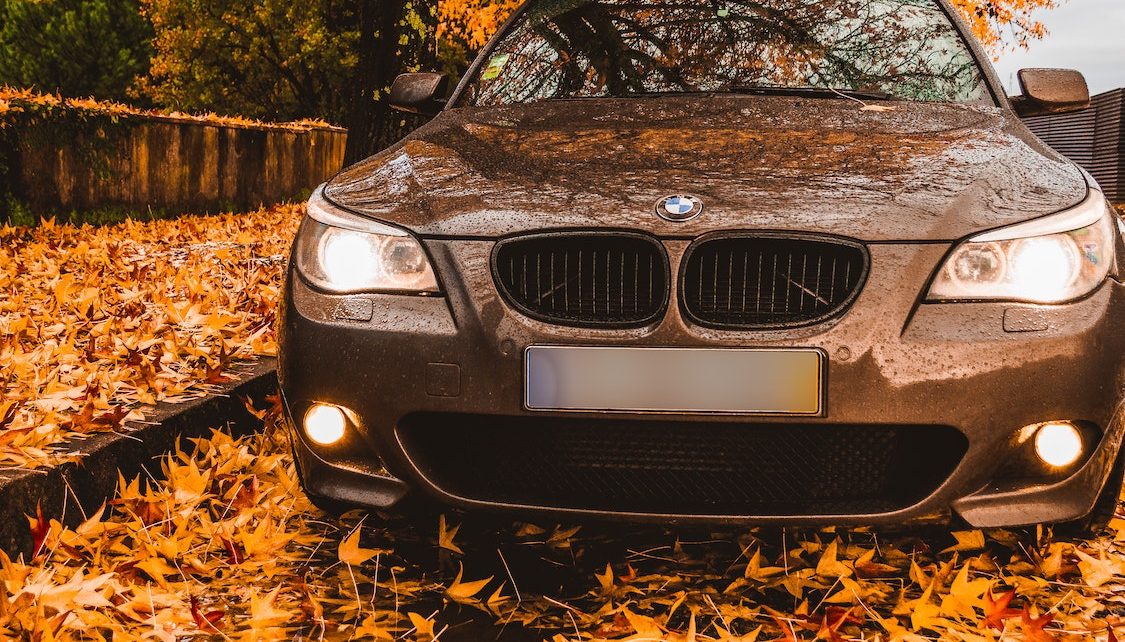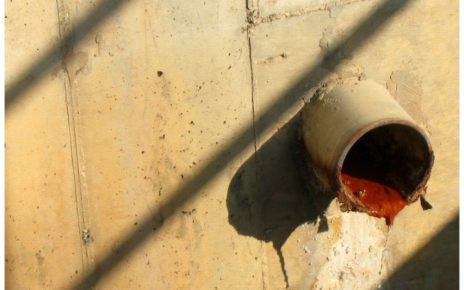Storing your car for long periods of time requires careful planning. This includes deciding where to store it, as well as taking the appropriate precautions to ensure that your vehicle is protected from the elements and potential thieves.
Leaving your car out on the driveway or in a garage provides very little protection. Keeping it in the elements can lead to rust, and rodents love making homes in tires, exhaust pipes, and ventilation ducts.
Keep It Clean
The number of car thefts continues to climb, but there are many things you can do to prevent them. One of the most important is keeping your vehicle clean and organized. A messy car is a magnet for criminals, and it can also be dangerous to you as the driver.
A cluttered car can get messy fast, but a few easy tips and hacks can help keep it looking nice. For example, use silicone baking cups as liners in your cup holders to reduce residue build-up. This is a simple tip that can save you a lot of cleaning headaches down the road. Another great trick is to invest in over-the-seat organizers. These handy dandy accessories can hold everything from kids’ toys to travel snacks and entertainment. Plus, they keep items like sunscreen, first aid kits and jumper cables organized and within reach so they’re easier to find if you need them on the go.
Keeping a small trash can in your car is a smart idea. It’s a great place to toss all the paper and food waste you might generate on the go and it keeps things from accumulating in your compartments or between your seats. Also, consider keeping a pack of wipes in your console or glove box for spills and messes. This is especially helpful when you transport children or pets in your vehicle because stains are much easier to remove when they’re fresh.
A quick and easy way to keep your car smelling fresh is to clip an essential oil diffuser onto your air conditioning vents. You can choose your favorite scent, and this is a great way to add a pleasant fragrance while you drive.
If you’re traveling with a lot of stuff, consider investing in a trunk organizer. These handy organizers make it easy to store the items you need for your trip, such as maps, travel snacks and water, and they’re great for containing all those loose items that tend to roll around or fall out of the back seat when you’re on the move.
Lock It Up
If you’re going to park your car for months or even years at a time, it’s important that you take the proper steps to protect it. This may not completely stop the inevitable chemical changes that will occur within your vehicle, but it will drastically lessen them.
Leaving your car exposed to the elements for long periods of time can lead to brittle gaskets, seals and tires, a dead battery, degraded engine oil, drained fuel, rust and corrosion, and many other problems. It’s far better to make the time investment and prepare your vehicle for storage than it is to spend money on repairs or replacement parts.
To prepare your car for storage, start by washing it to remove excess dirt, salt, bird droppings and other crud that can damage the paint and cause rust. Next, make sure the gas tank is full and a small amount of fuel additive is added to prevent moisture buildup in the gas system. If you’re storing an older car, don’t forget to clean the interior and vacuum the seats. This will lower the chances of food scraps attracting rodents and other pests while also giving it a fresher smell when you take it out of storage.
Before putting your car into storage, plug the tailpipe to prevent mice and other critters from entering the cabin through this hole. You can also stuff a rag in the air intake to keep animals and moisture out. Other ways to protect your car during storage include laying mothballs or cotton balls soaked in peppermint oil around the exterior of the car, placing mouse traps in your garage (never inside the car), and scattering strong smelling dryer sheets in areas where critters like to hide, such as behind seats or within ventilation ducting. If a car storage is too expensive for you, we highly recommend investing in a carport or shed from modern steel buildings.
A car cover is another great way to protect your vehicle while it’s in storage. However, it’s important to choose a car cover that won’t scratch your paint and is made of materials that allow water and condensation to evaporate. A tarp or sheet, on the other hand, will just trap moisture and cause problems.
Cover It Up

When you park your car in a garage at home or at a commercial storage facility, it’s protected from the elements by the building and other vehicles. When you store a vehicle outside, it’s subject to constant sun exposure, temperature fluctuations, and wind and dust. This can damage your paint job and cause things like cracking vinyl, leaking gaskets and hoses, and overgrowth of rust.
A good quality car cover can prevent this damage, as well as keep out debris and dirt. Before you cover your car for long term storage, make sure to wash it thoroughly. This removes bird droppings, tree sap, and other stains from the body of your car that can cause damage over time.
If you’re going to use a cover, make sure it’s a high-quality model that’s designed specifically for this purpose. Cheap, generic covers can leave moisture and dust trapped underneath that can scratch your paint or metal. These cheap covers also fail to wrap tightly enough around the car, which can allow moisture to sneak into the cabin.
While it may seem counterintuitive to splurge on a high-quality car cover if you’re only going to store your vehicle for a few months, this is one of the best ways to protect your investment. Not only will a cover keep out weather and other external factors, but it can also protect against robbery and other potential problems.
Before storing your vehicle for a long period of time, it’s a good idea to brim the fuel tank, if possible. This can limit the amount of condensation that builds up in the tank and can cause the engine to clog. It’s also a good idea to change the oil before storing it, as this will eliminate excess contaminants that can damage the engine over time.
It’s a good idea to stuff steel wool or dryer sheets in entry points like the exhaust and air intakes, as this can deter rodents from nesting inside your vehicle during storage. It’s a great idea to clean out the interior before storing your car, too, and to make sure all items have been removed and that the doors are closed completely.
Don’t Leave It Unattended
When you’re storing your car for months or even years at a time, the last thing you want is to see it deteriorate due to lack of use. It can be extremely hard on a car to sit for so long if it is exposed to the elements, whether that means cracking vinyl, dying gaskets or hoses and overgrowth of rust. It’s why you need to find a quality storage space rather than just putting it out on the street or in your driveway.
The best car storage vendors will give your vehicle a place to sit that is temperature-controlled and secure, which is much better than leaving it in the sun for months or years on end. You can also do a few things on your own to protect your car during storage. For example, you can vacuum and clean the interior of the car and wash it down with a good coat of wax. You should also remove any items that could swell or burst while the car is stored, as well as any foodstuffs that could attract pests. Using seat covers and placing packs of desiccant (like those little packs of silica gel you often find in new shoes) inside the cabin to absorb any excess moisture will help too.
Finally, make sure you never leave your car unattended while it is in storage. Even if you only go to the store or get something from the garage, it’s not worth the risk of having your car stolen. In some cases, opportunistic thieves may spot you returning to your car while it’s running, so they can jump in and drive off with it while you are distracted. This is sometimes called “frost-jacking” and it can be avoided by locking your car when you’re out and about.
Other steps you can take to protect your vehicle while it’s in storage include plugging the tailpipe to keep bugs and other critters out, laying down mothballs or cotton balls dipped in peppermint oil to deter insects and mice, as well as positioning the car on higher ground if you live in an area that experiences frequent flooding. You should also disconnect your battery and put a battery maintainer on it for longer periods of time, but only if you know what you’re doing.





